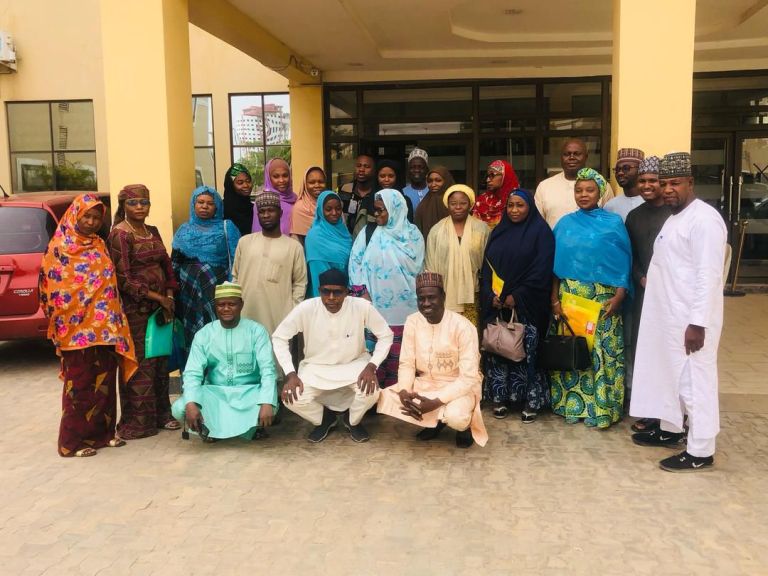Fatima Abdullahi Malle, Kano
The Boost Project, a global initiative aimed at improving immunization coverage, has partnered with the Kano State Community of Practice on Immunization, Budget Tracking, Advocacy, Accountability, and Media Group to address the growing number of zero-dose and under-immunized children in the state.
During an engagement meeting in Kano, stakeholders discussed strategies to enhance access to immunization services, particularly in underserved communities.
Umar Ibrahim Umar, Communications Officer for Save the Children in Kano, expressed concern over the high number of children who have not received basic vaccines.
Read Also:
Why Piloting Universal Child Benefits in Kano – UNICEF
“Many children are still not receiving basic vaccines, leaving them vulnerable to preventable diseases,” he said. “The Boost Project is designed to address this challenge by improving vaccine coverage and strengthening health systems.”
Nigeria is home to an estimated 2.3 million zero-dose children those who have not received any routine vaccinations ranking second globally. The problem is particularly severe in northern Nigeria.
Salisu Yusif, Chairman of the Kano State Community of Practice on Immunization, Budget Tracking, Advocacy, Accountability, and Media Group, emphasized that the meeting aimed to develop collaborative strategies to increase vaccine access.
“Our focus is on reaching zero-dose and under-immunized children through strategic advocacy and policy support,” he said. “We are also working to strengthen accountability mechanisms and enhance media engagement to boost public awareness on immunization.”
Taiwo Folake, BOOST Program Manager for Lagos State, shared that the initiative is targeting local government areas with the highest rates of unvaccinated children.
“In Kano, we’re working in Ungogo and Gezawa, while in Lagos, we are focusing on Ikorodu and Alimosho,” she said. “These locations were identified based on data showing significant numbers of zero-dose children.”
Folake added that while the complete eradication of vaccine-preventable diseases is a long-term goal, the current priority is to make measurable progress through community-level collaboration.
“This initiative is about real children in real communities,” she said. “Strong partnerships among government agencies, civil society, and the media are essential to building a more inclusive and responsive immunization system.”
The meeting concluded with a renewed commitment from stakeholders to intensify efforts to increase immunization coverage and ensure that no child is left behind in Kano State.
A recent UNICEF report revealed that Kano State alone has approximately 250,000 zero-dose children and over 300,000 under-immunized children, posing a significant public health risk.
